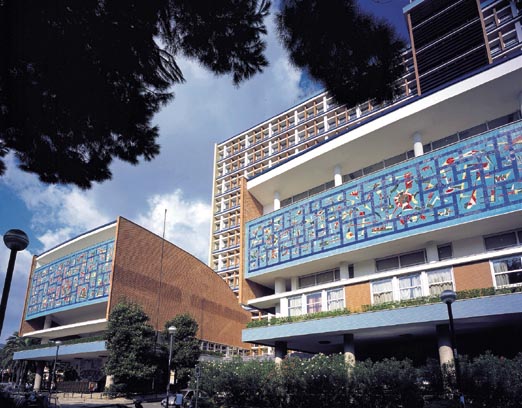Cultural tourism has long been recognized as a crucial pillar for economic growth, social cohesion, and community development, particularly in regions rich in cultural heritage and natural beauty, such as rural areas and historical towns. These areas are not only repositories of history and tradition but also valuable assets for the future of tourism and economic sustainability (Richards, 2021). However, in recent years, the cultural tourism sector has faced unprecedented challenges due to global events like the COVID-19 pandemic and the ongoing energy crisis (Gössling, Scott, & Hall, 2020). These crises have exposed vulnerabilities in traditional tourism models, accelerating the need for a profound transformation. At the same time, the advent of Artificial Intelligence (AI), digital technologies, and new business paradigms offers a unique opportunity to rethink and reshape cultural tourism ecosystems (Santarsiero et al., 2024). AI-driven innovation has the potential to revolutionize the way cultural tourism is managed, experienced, and sustained (Del Chiappa & Baggio, 2015). By integrating AI with knowledge management practices, tourism organizations can unlock new levels of efficiency, personalization, and engagement, while simultaneously fostering resilience and sustainability (Buhalis et al., 2019).
As the European Union continues to push forward with its dual transition toward a greener and more digital economy, cultural tourism must adapt to these strategic imperatives (Sigala, 2020). The European Green Deal and the Digital Decade provide a clear framework for how the tourism sector can evolve, not only to meet environmental targets but also to embrace intelligent, data-driven approaches that promote inclusivity, sustainability, and long-term growth (Gretzel, Sigala, Xiang, & Koo, 2015).
This track will explore the transformative role of AI in shaping the future of cultural tourism, focusing on how AI can enhance knowledge management, create innovative business models, and enable smarter, more sustainable tourism practices (Hjalager, 2010). By bringing together academics, policymakers, and practitioners, this track aims to generate insights into how cultural tourism ecosystems can thrive in a rapidly changing world through the integration of AI and emerging technologies (Buhalis & Sinarta, 2019). This track seeks then to address the critical need for innovation in cultural tourism ecosystems by examining the intersection of AI, knowledge management, and digital transformation (Mariani & Baggio, 2021) as well as their combination and the integration in new spatial data infrastructures able to support renewed policies and plans for a sustainable urban and regional development.
This special track welcomes both conceptual and empirical submissions that explore innovation and sustainable development in cultural tourism ecosystems in the digital age. Research topics may include, but are not limited to:
- AI-enhanced Knowledge Management in Cultural Tourism
- Digital Transformation of Cultural Tourism Ecosystems
- AI-driven Business Models for Sustainable Tourism
- Smart Cultural Destinations and AI
- Co-Creation and AI in Cultural Tourism
- AI and Sustainable Tourism Policies
- Society 5.0: engagement, co-creation and humanized technologies
- Tourism models, guidelines, and best practices for sustainable and inclusive urban approaches in tourism destinations.
- Spatial data infrastructure: production, use, and exchange of spatial knowledge for sustainable development.
- Artificial Intelligence models and tools for identifying and mapping micro/macro tourism systems.

